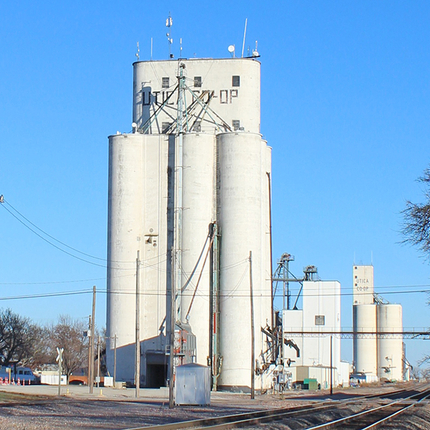The owners of a mid-sized manufacturing plant in a nearby small town were ready to retire, but no one in the next generation was interested in taking over.
The plant was sold to an out-of-state buyer with no local ties. The business was profitable, but the new owners chose to merge operations and close the local plant.
The story is familiar in small towns. Is there an alternative? I think so. Worker-owned co-ops and employee stock ownership plans could offer another path forward for these businesses.
Rural people have a long history of forming cooperatives to solve challenges. Rural electric co-ops strung electric lines. Farmers banded together to form milk co-ops, seed co-ops and fuel co-ops.
The same model could be followed to operate the local lumber yard, manufacturing plant, or even a labor intensive farm operation like dairy or vegetable production. In these cases, the co-op members could be the workers.
Worker-owned co-ops allow a broad base of people to share in an ownership stake and build equity over time. The worker-owners are unlikely to shutter the operation and send jobs packing.
In rural Maine, 60 workers bought a grocery store, pharmacy and hardware store to form a co-op. Local development groups financed the project.
This model could be replicated in your community. It is time to dust off the handbook on forming co-ops and get to work.





